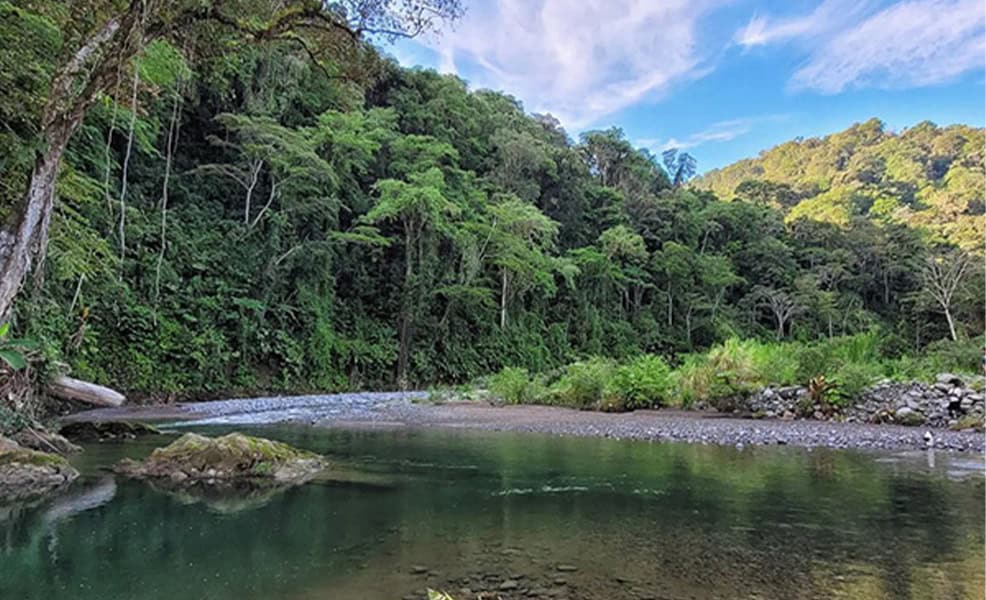In celebration of National Parks Month, the Ministry of Environment and Energy (MINAE), the National System of Conservation Areas (SINAC), and the Regional Directorate of the Conservation Area La Amistad Caribe have officially reopened the Hitoy Cerere Biological Reserve for tourism and research.
This reserve is one of 169 protected wildlife areas in Costa Rica and one of the 14 managed by ACLA-C under SINAC. Located on the Caribbean slope of Costa Rica, the reserve spans the La Estrella river basin (89%) and the Sixaola river basin (10.9%) within the Talamanca Mountain Range. The reserve’s lush landscape is predominantly tropical forest, with 99.4% of its territory covered in greenery. Almost the entire reserve is under state control, protecting more than 99% of its expanse.
The reopening of Hitoy Cerere is the result of collaborative efforts from various stakeholders, aimed at improving the quality of experiences for students, researchers, and visitors, as well as improving working conditions for employees. New developments include a reliable drinking water supply, which also benefits neighboring communities closest to the protected area.
Franz Tattenbach, Minister of Environment and Energy, expressed his gratitude to the Municipality of Limon for its dedication to supporting protected wildlife areas and local communities, to JAPDEVA for promoting regional development, to INA for its role in capacity building, and to other institutions and private companies that have facilitated the resumption of conservation processes, thereby contributing to both regional and local economies.
“These significant challenges and achievements that we have faced and overcome together have strengthened us, preparing us to continue working collaboratively to expand opportunities, improve quality of life, and enhance the relationship between culture and nature for the prosperity and well-being of all species,” said Minister Tattenbach.
The government emphasized that reopening the reserve to visitors underscores its commitment to achieving fair and sustainable development in the region while promoting services that encourage active participation and foster inclusive and sustainable growth.






